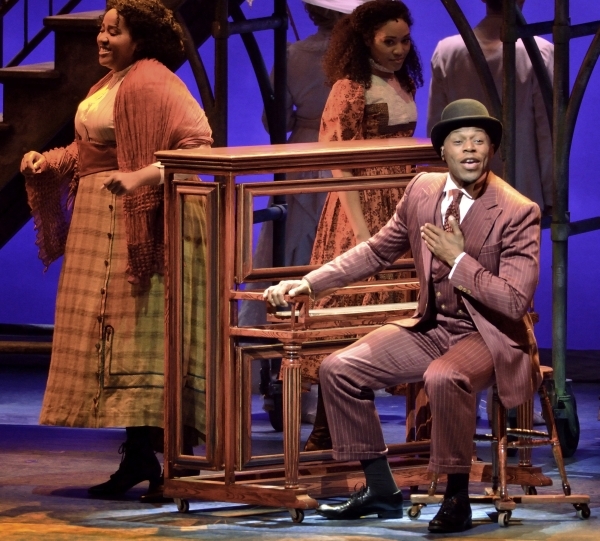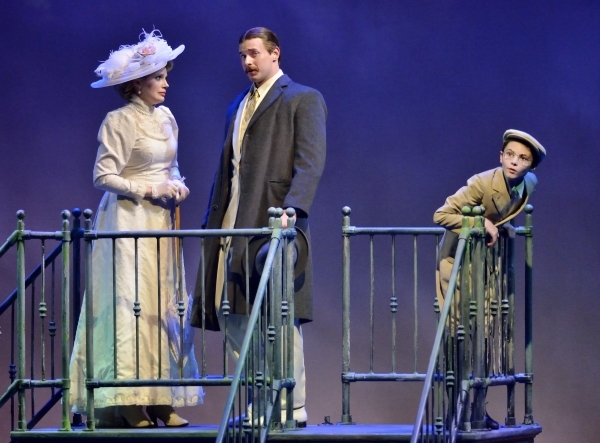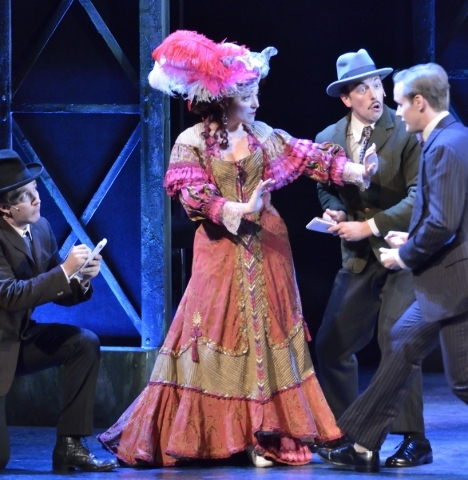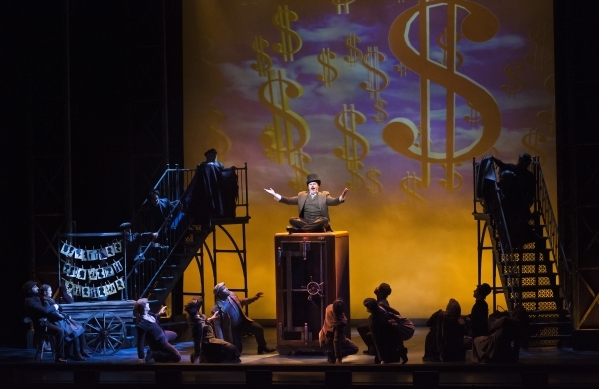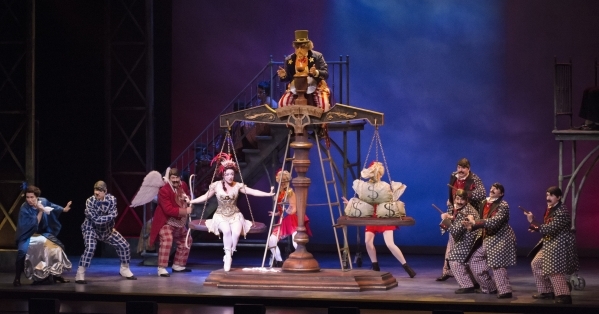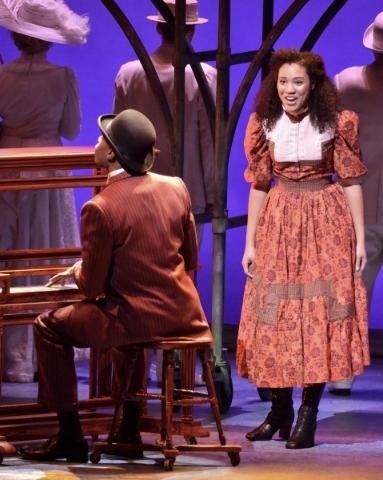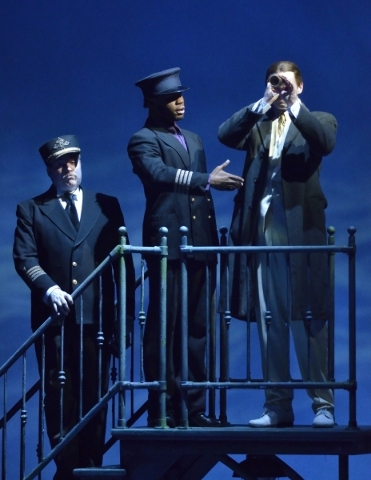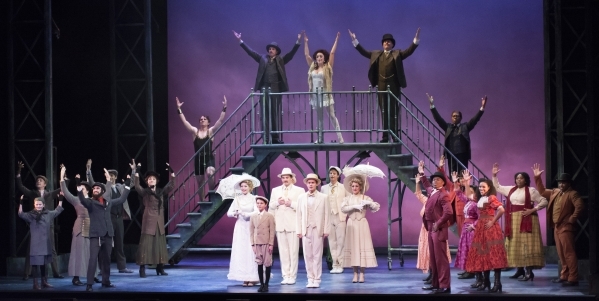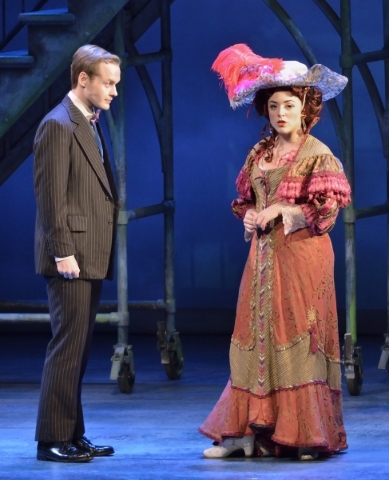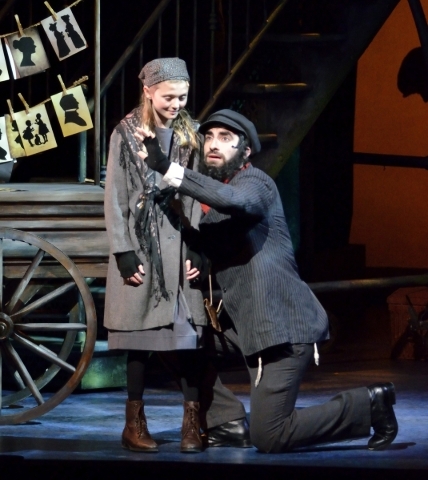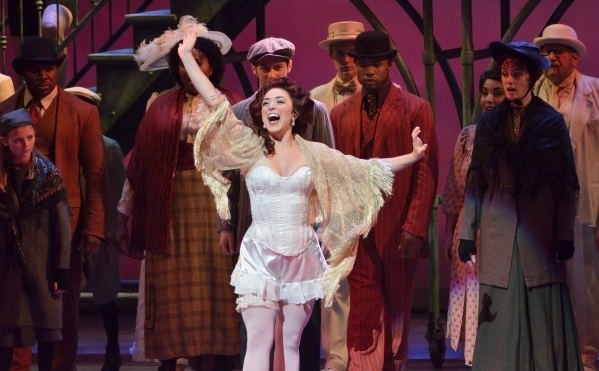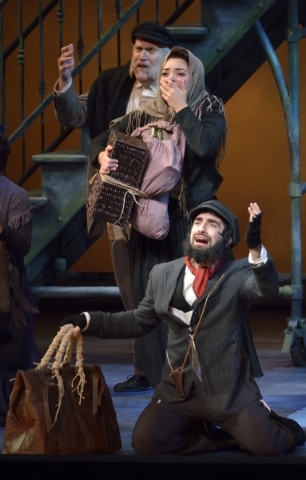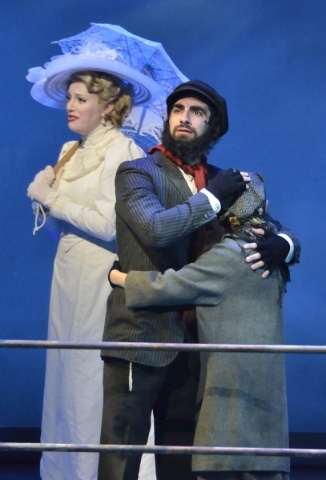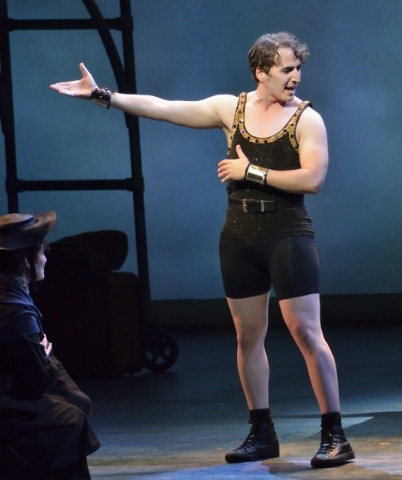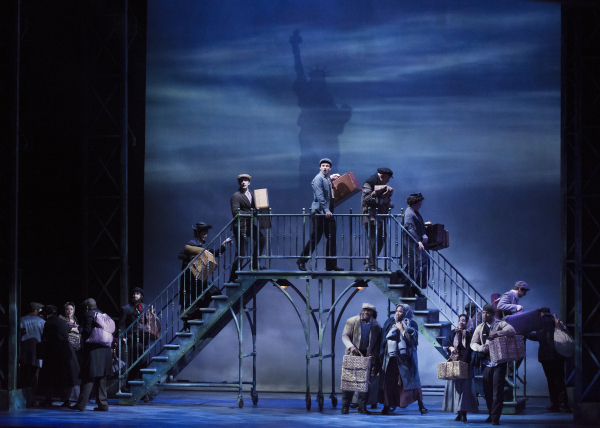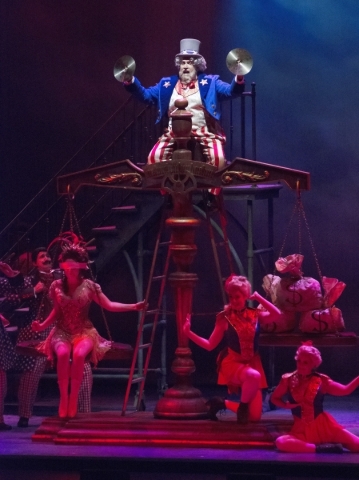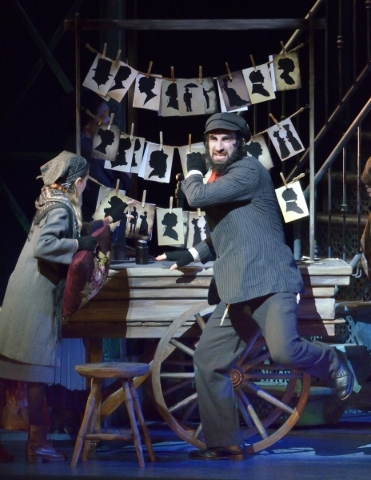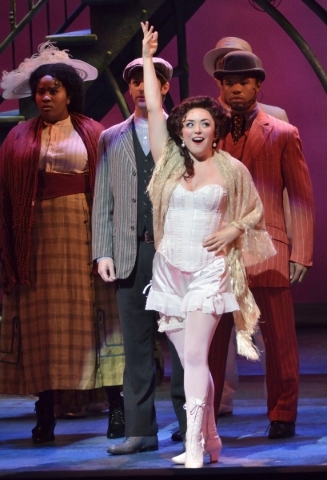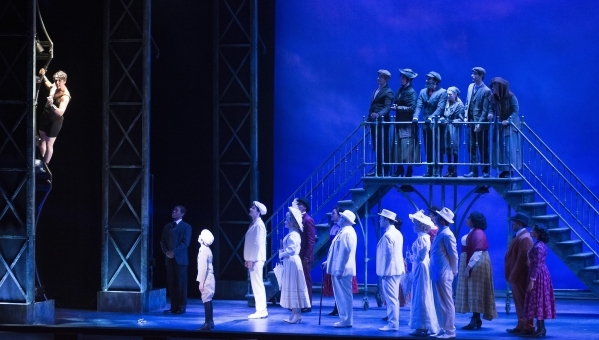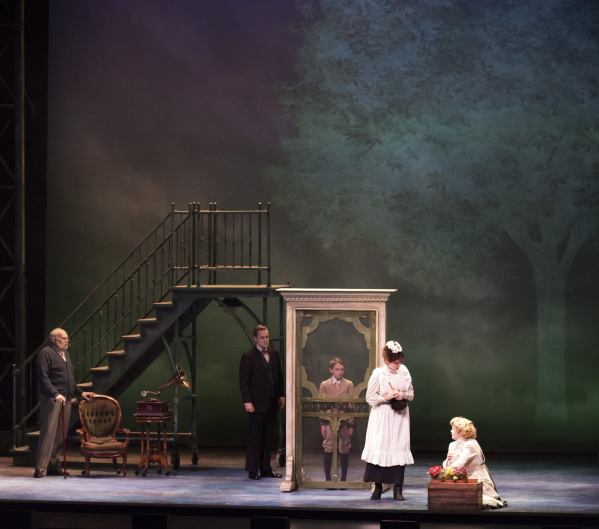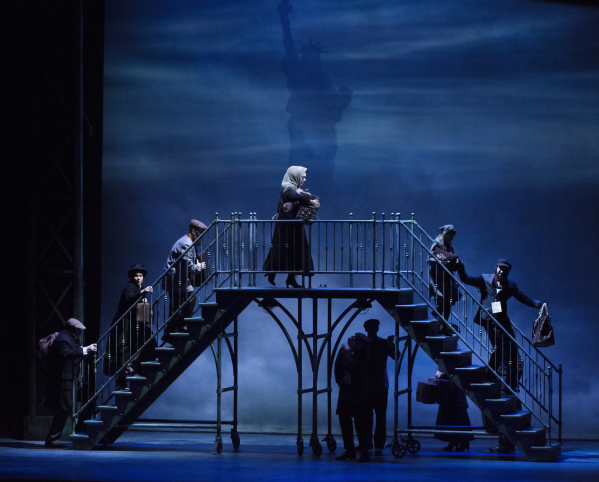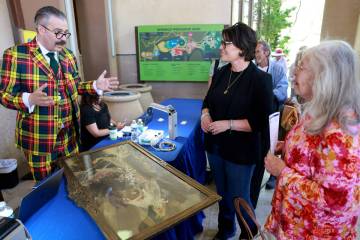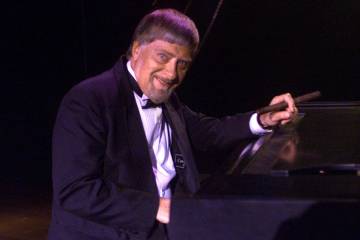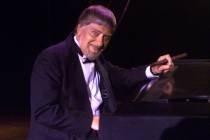‘Ragtime’ strikes a familiar chord
It's the turn of the century. Ah, but which one?
That's the point — and the power — of "Ragtime: The Musical," which kicks off its national tour at The Smith Center's Reynolds Hall through Sunday.
Based on E.L. Doctorow's sprawling 1975 novel, "Ragtime" takes place at the turn of the 20th century, intertwining the lives of three families — some of whom strive to find their American dream, while others wonder what to do now that they've seemingly found it.
Yet more than a century later, from our turn-of-the-21st-century perspective, "Ragtime" remains unsettlingly topical, exploring such still-with-us issues as prejudice, immigration, income inequality, police brutality and domestic terrorism.
There's even a reality star — proving famous-for-being-famous celebrities were around long before TV.
Clearly, "Ragtime" serves up heaping helpings of food for thought along with its expertly delivered songs and dances.
Like a star-spangled "Les Miserables," the show places its all-too-human protagonists against a panoramic backdrop of social upheaval, tracing their struggles.
Initially, struggle seems to be a stranger in the comfortable, complacent suburban New York existence of Father (smugly stalwart Troy Bruchwalski), Mother (outwardly proper, inwardly passionate Kate Turner) and Mother's Younger Brother (under-pressure Donald Coggin).
That is, until Father embarks on another of his arctic explorations, Mother's Younger Brother switches his zealous attentions from scandalous showgirl Evelyn Nesbit (saucy Jillian Van Niel) to radical rabble-rouser Emma Goldman (the tenacious Sandy Zwier) — and Mother rescues an abandoned baby she finds in her garden.
A black baby.
The infant's mother, Sarah (tender Leslie Jackson), is a local cleaning woman. As for the father, ragtime pianist Coalhouse Walker Jr. (Chris Sams, a vocal and dramatic powerhouse), he's back in Harlem — but dreaming of a new life with his new family.
That's also the goal of the Eastern European immigrant Tateh (a beguiling Matthew Curiano), who doesn't have much family left — only his daughter (Cara Myers and Leilani Santiago alternate in the role). But there's nothing Tateh won't do to give her a new life in their new land.
Putting their trials in context: Goldman, Nesbit and other notables of the day, from Harry Houdini (Mark Alpert) to Henry Ford (John Anker Bow), who preserve Doctorow's arresting mix of fictional and factual personalities.
Terrence McNally's Tony-winning adaptation of Doctorow's novel retains "Ragtime's" panoramic sweep while compressing, and clarifying, its dramatic flow; the Tony-winning score by Stephen Flaherty and Lynn Ahrens adds fervent urgency with a heartfelt, anthemlike approach.
And director/choreographer Marcia Milgrom Dodge's fluid, inventive staging emphasizes "Ragtime's" thematic impact. Wary groups circle each other before their inevitable encounters, while back-lit silhouettes transform the characters into walking, talking — and singing — symbols.
If only they didn't stay that way.
Alas, "Ragtime's" pageantlike approach means its characters emerge as archetypes rather than individuals — except, in a few charming and poignant instances, when Mother and Tateh reach across cultural divides to discover their common humanity.
Most of the time, however, they're on the job alongside their counterparts, delivering tuneful, illustrated lessons reminding us that, no matter how much the music changes, every time is "Ragtime."
Especially ours — unless, and until, we change our hearts and minds along with the music.
For more stories from Carol Cling go to reviewjournal.com. Contact her at ccling@reviewjournal.com and follow @CarolSCling on Twitter.
Like Neon Las Vegas on Facebook:



